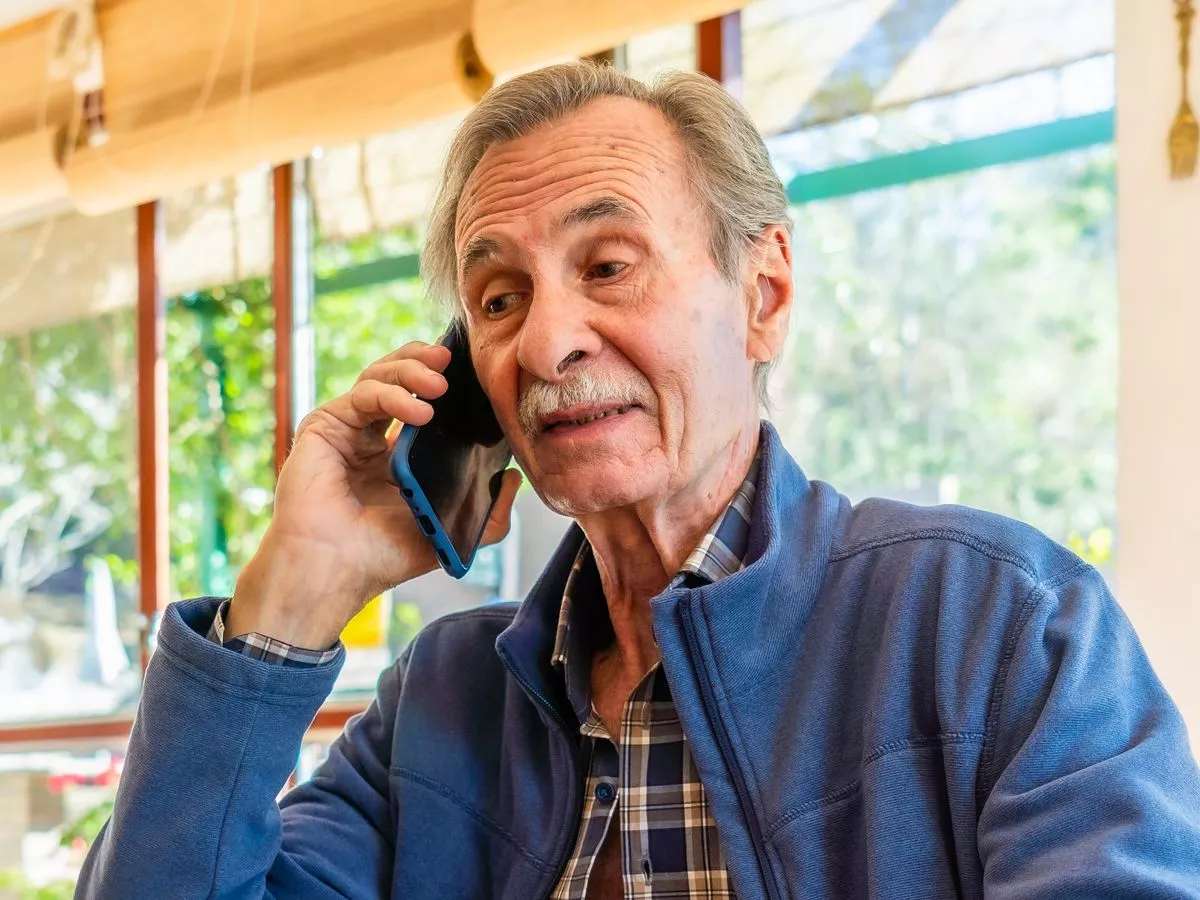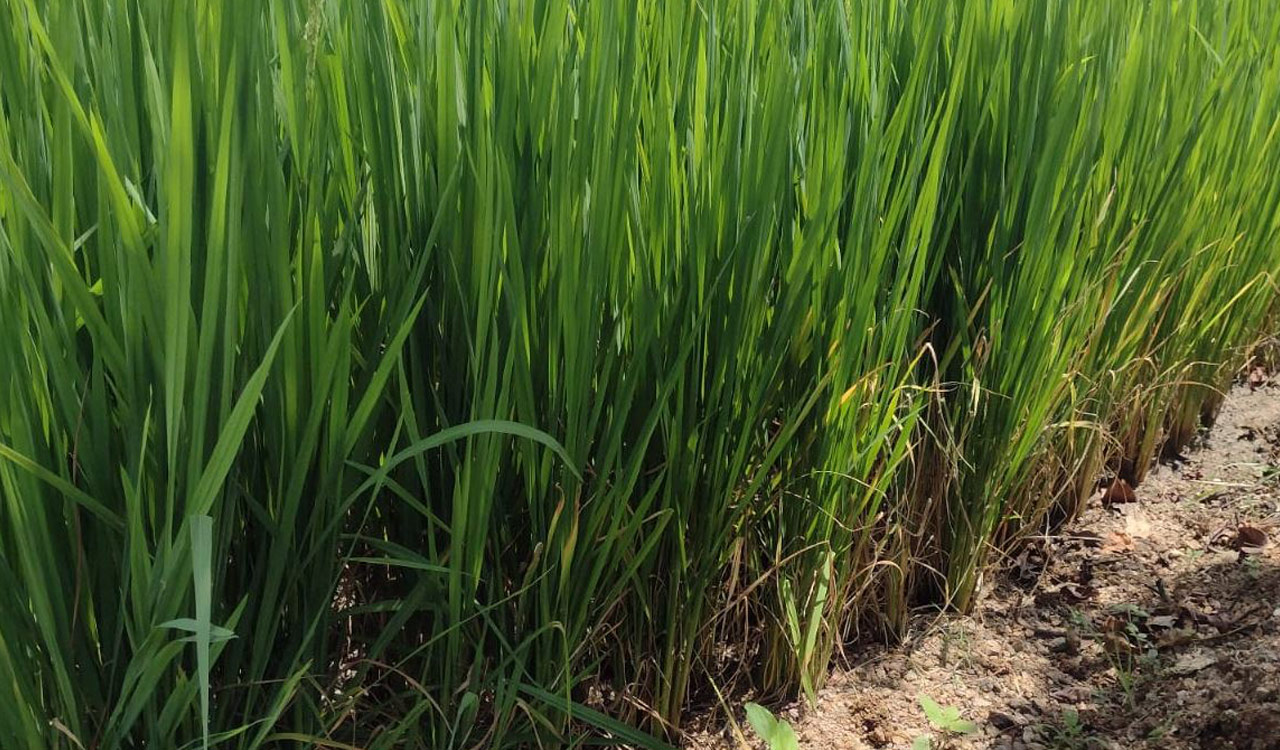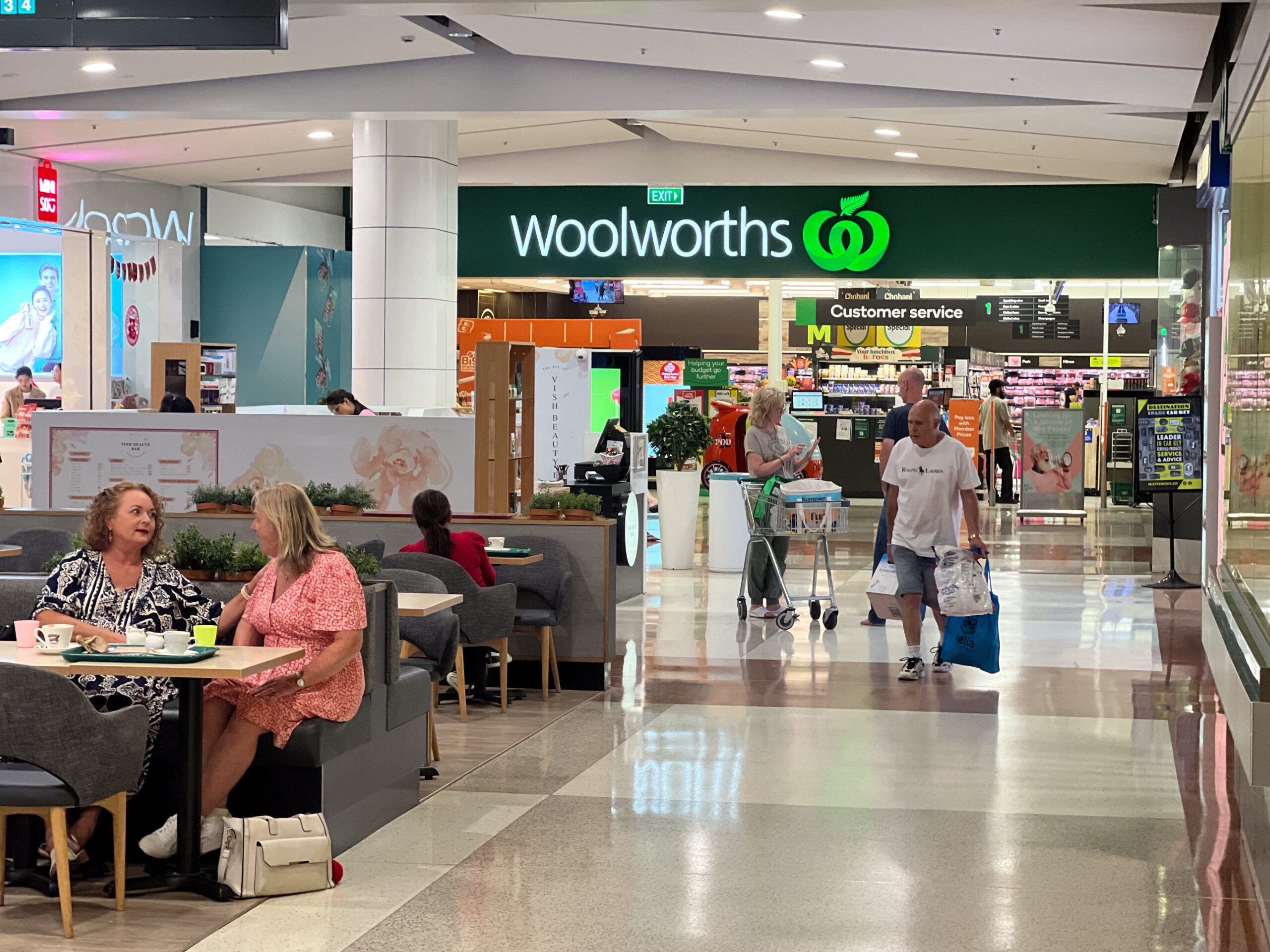By Fiona Callingham
Copyright dailystar

The Driver and Vehicle Licensing Agency (DVLA) has issued a warning to motorists who are being “targeted” by fraudsters. Last year, around 20,000 people reported fraudulent activities from scammers pretending to be the authority. In a recent post on social media platform X, the DVLA stated: “Scammers are targeting drivers with fake texts and emails pretending to be DVLA.” The organisation therefore urged people to “think before you click” and to never “share personal info”. On the Government’s official website , the DVLA warned that criminals are using “more sophisticated ways” to trick their victims. It stressed: “It has never been more important for motorists to be vigilant and aware of how to recognise fraudulent emails, texts, websites and calls.” Here are some key tips from the DVLA on how to stay safe online. GOV.UK is the “only place” to find official information about the DVLA and its services. “Using any other website could mean you’ll be charged more for services that are either cheaper or completely free on GOV.UK,” the DVLA advised. “Other websites may even be fraudulent, so our advice is to always use GOV.UK when transacting with DVLA.” The DVLA specifically warned against sharing your driving licence or vehicle information online. “Getting your driving licence is a big milestone, and you may be tempted to share your new shiny licence or V5C (log book) on social media,” it warned. “However, both documents contain key identifying details that scammers can use to steal your identity or even clone your vehicle. And before you know it, you could be receiving parking, congestion or speeding fines that you were not responsible for.” If an email or text message asks you to verify personal information, you should proceed with extreme caution. The DVLA explained: “Fraudsters will often send emails or text messages to unsuspecting victims asking them to confirm personal details, such as bank or payment information. “They may even send messages that claim you are entitled to a substantial vehicle tax refund. DVLA will never ask you for your bank account details or ask you to confirm payment details. We will only ask you to confirm your personal details by email or text if you have a live enquiry with us.” The agency added that vehicle tax refunds are always processed automatically – never through a link distributed by email. If you receive one of these messages, avoid clicking any links. Instead, you should report it to the National Cyber Security Centre and delete it immediately. The DVLA warns that criminals create websites designed to mimic the official agency and may appear authentic. “These sites will often charge additional fees for services you can get for free or at a lower cost on GOV.UK, including driving licence applications, vehicle tax transactions and Clean Air Zone (CAZ) payments,” the organisation stated. “If you need to use these or any other government services, always search for them on GOV.UK.” Should you come across any of these scams or other suspicious activity, you can assist in combating fraud by: For further information, visit the Government website here .



